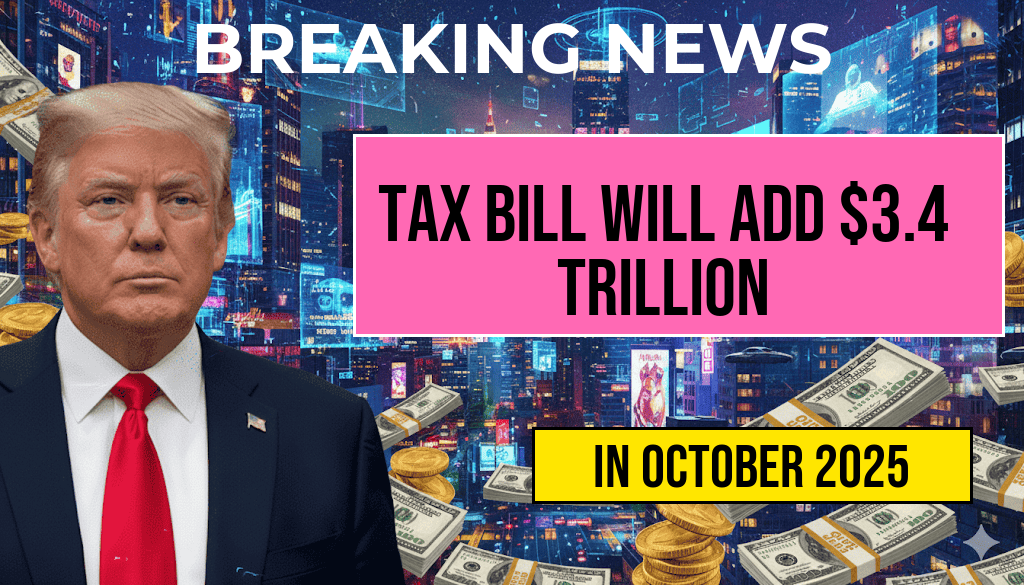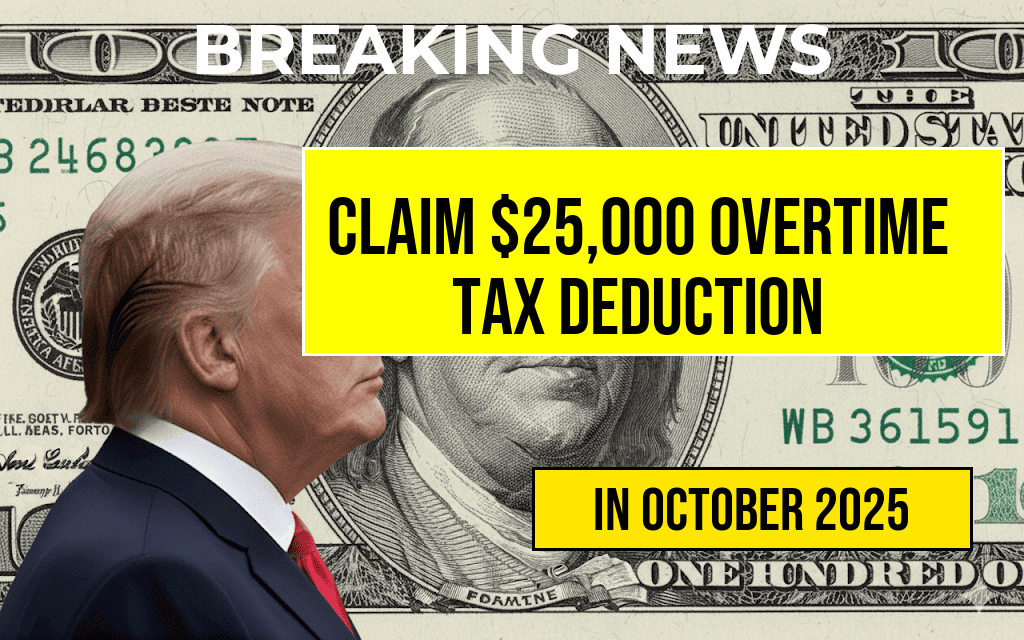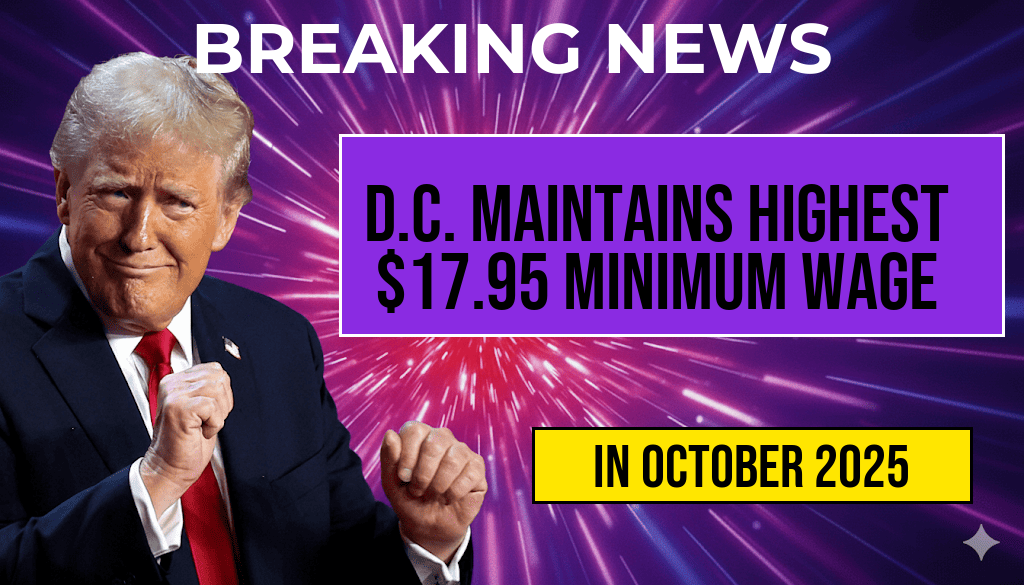The proposed legislation dubbed the “One Big Beautiful Bill” has ignited controversy among economists and policymakers, primarily due to its projected impact on the federal deficit. Critics warn that the bill could inflate the national debt by approximately three trillion four hundred billion dollars, raising concerns about fiscal sustainability amid an already challenging economic landscape. Proponents argue that the bill’s measures will stimulate economic growth and create jobs, but financial analyses suggest that the revenue shortfalls and increased spending could outweigh these benefits, leading to a significant rise in deficit levels.
Overview of the Legislation and Its Key Provisions
The “One Big Beautiful Bill” is a comprehensive legislative package aimed at overhauling various sectors, including healthcare, infrastructure, and tax policy. Promoted as a stimulus measure, it includes substantial tax cuts for corporations and high-income earners, increased federal spending on infrastructure projects, and expanded social programs. The bill’s architects claim it will boost economic activity, but critics question whether the long-term fiscal costs have been adequately considered.
Major Components
- Tax Cuts: Significant reductions in corporate tax rates and income taxes for top earners.
- Infrastructure Investment: Allocations for transportation, broadband expansion, and energy projects.
- Social Program Expansion: Increased funding for healthcare, housing, and education initiatives.
Projected Fiscal Impact and Economic Concerns
Analysts from organizations such as the Congressional Budget Office (CBO) and independent think tanks have reviewed the bill’s fiscal implications. Their forecasts indicate that implementing the bill could inflate the federal deficit by approximately $3.4 trillion over the next decade, a figure that exceeds previous estimates for similar legislation. The primary driver of this increase is the anticipated decrease in revenue resulting from tax cuts, compounded by higher government spending.
Revenue Shortfalls and Spending Increases
| Component | Estimated Cost (Trillions USD) | Description |
|---|---|---|
| Tax Cuts | -1.8 | Reduction in federal revenue due to decreased tax rates |
| Infrastructure Spending | +1.2 | Capital investment in public works projects |
| Social Programs | +0.8 | Expanded healthcare and social welfare funding |
| Additional Spending & Miscellaneous | +0.4 | Administrative costs and unforeseen expenditures |
| Total | +3.4 | Projected increase in the deficit over ten years |
Economic and Political Reactions
Concerns from Fiscal Conservatives
Many fiscal conservatives argue that the bill’s long-term costs threaten to derail efforts to stabilize the national debt. They point out that a sustained increase in the deficit could lead to higher interest rates, inflationary pressures, and reduced fiscal flexibility. Critics also warn that the bill’s reliance on optimistic economic growth assumptions may underestimate the actual revenue shortfalls.
Support from Advocates
Supporters contend that the bill is vital for revitalizing the economy, especially in the wake of recent downturns. They highlight potential job creation, infrastructure modernization, and social benefits as outweighing the fiscal risks. Some proponents also argue that the bill’s tax cuts could stimulate enough economic activity to eventually offset the initial revenue losses.
Implications for Federal Debt and Future Policy
The projected increase in the federal deficit raises questions about the sustainability of current fiscal policies. If enacted, the legislation could accelerate the growth of the national debt, which already exceeds $31 trillion. This scenario may compel policymakers to revisit debt management strategies and prioritize deficit reduction measures in subsequent budgets.
Potential Risks
- Higher interest payments divert funds from essential programs
- Increased borrowing could limit fiscal policy options during economic downturns
- Market confidence may waver if debt levels rise unchecked
Expert Opinions and Looking Ahead
Economists remain divided on the bill’s long-term effects. While some acknowledge the potential for short-term economic stimulation, many emphasize the importance of balancing growth initiatives with responsible fiscal management. The Congressional Budget Office continues to analyze the bill’s impact, and additional legislative adjustments may be necessary to mitigate projected deficits.
With the debate ongoing, stakeholders are closely monitoring the legislative process and its implications for the nation’s financial health. As the bill moves forward, transparency and rigorous fiscal scrutiny will be crucial in shaping policies that support sustainable growth without exacerbating the debt burden.
For background on federal debt and fiscal policy, see Wikipedia’s page on the U.S. national debt. For analysis of fiscal sustainability, consult reports from Forbes.
Frequently Asked Questions
What is the main concern highlighted in the article about the ‘One Big Beautiful Bill’?
The article raises concerns that the ‘One Big Beautiful Bill’ will significantly increase the national deficit by approximately three trillion four hundred billion dollars.
How will the bill impact the country’s fiscal health?
The bill is projected to expand the deficit substantially, which could lead to long-term economic instability and challenges in managing national debt.
What are the key provisions of the ‘One Big Beautiful Bill’?
The article details various tax policies and spending measures included in the bill that contribute to the projected increase in the deficit.
Who are the main critics of the bill and what are their concerns?
Critics argue that the bill could undermine fiscal responsibility and place an unnecessary burden on future generations due to its large deficit increase.
What are the potential economic consequences if the bill passes as proposed?
If enacted, the bill could lead to higher interest rates, inflationary pressures, and a strain on government resources to manage the increased debt load.






